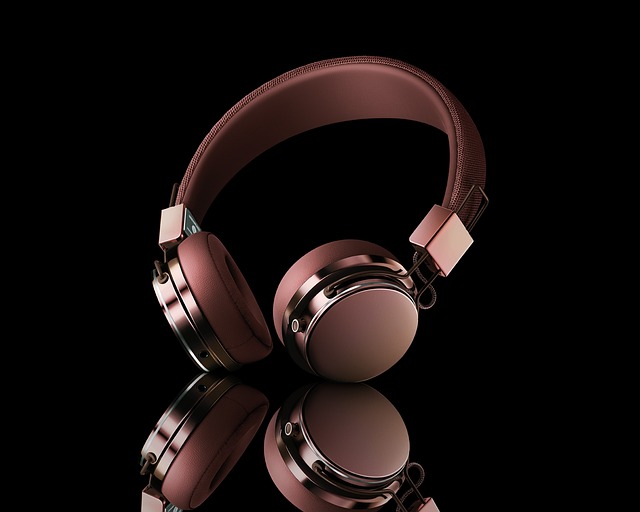In the world of audio recording, the role of a music director is nothing short of pivotal. A music director weaves together the intricate threads of sound, shaping an artist’s vision into a palpable auditory experience. For anyone aspiring to make their mark in this dynamic field, understanding the nuances of audio, video, and the nuanced environments like a home cinema or cinema room is essential.
At the heart of audio recording lies a deep appreciation of sound. A music director must develop a keen ear for picking up the subtleties in audio quality, channel balancing, and tonal adjustments. Whether you are crafting a track in a professional studio or setting up a home cinema that captures the essence of a blockbuster, your ability to manipulate sound waves will define your success. Invest time in learning about different audio equipment, from microphones to mixers, because each piece serves a unique purpose in delivering a polished final product.
Equally important is the visual aspect of music direction. Audio and video are intertwined, especially in today’s digital age where music videos and live performances are becoming visually-driven experiences. Understanding how to sync audio with video seamlessly helps ensure that the narrative of a song is conveyed effectively. Think of a music director as a storyteller, where each note, beat, and visual cue plays a critical role in the unfolding narrative.
Creating the ideal environment, such as a well-designed cinema room, can significantly enhance the audio experience. The acoustics of a space can make or break a recording session. Pay attention to the placement of speakers, soundproofing elements, and the overall layout of the room. A conducive environment leads to more authentic recordings and can profoundly impact the outcome of your audio projects. If you are working within a home cinema setup, use what you have learned about professional studios to create a space that not only sounds good but also resonates with the emotion of the music.
To become a successful music director, you must embrace constant learning and experimentation. Dive into different genres, explore various cultural sounds, and never hesitate to push the boundaries of creativity. Networking with other professionals—whether they’re fellow music directors, producers, or sound engineers—can provide invaluable insights and open up opportunities for collaboration. Remember, the journey in audio recording is a community effort, and sharing knowledge often leads to innovation.
Lastly, stay inspired. Dive deep into the music that moves you, analyze tracks that connect with audiences, and understand the emotions that they evoke. Each project is a blank canvas—embrace it with enthusiasm, and let your passion for music guide you. As a music director, your unique vision and understanding of audio recording will not only shape your success but also create lasting impressions on listeners. Steps might be daunting, but mastery comes with time, practice, and a heart full of melodies.




